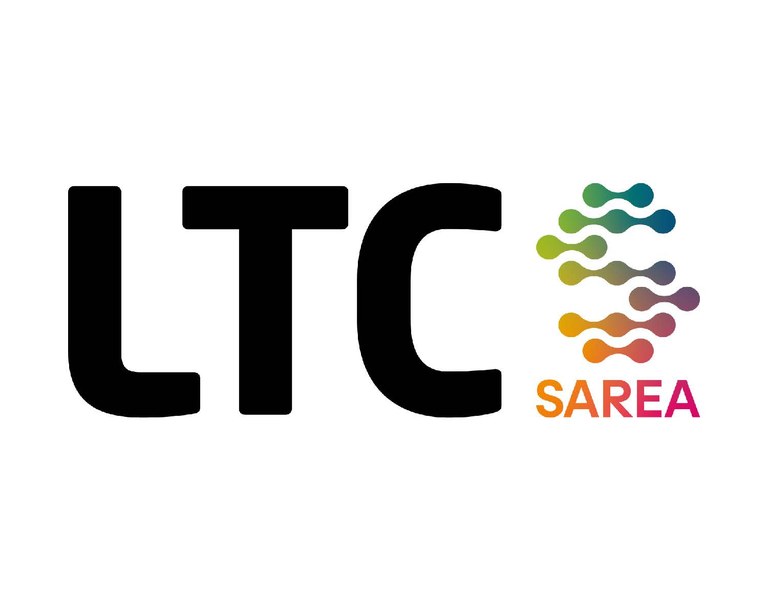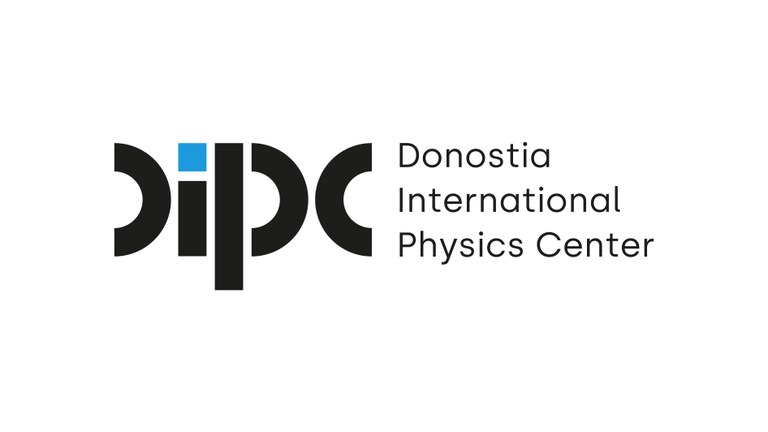PhD Student - Predicting Linear and Nonlinear Optical Properties of Organic Chromophores through Structural and Electronic Descriptors (Closed)
ematito@dipc.org
frederic.castet@u-bordeaux.fr
We are currently accepting applications for the above mentioned position. This is a unique opportunity for highly motivated students recently graduated from the University in Physics or related fields to gain research experience in one of DIPC’s high-profile research teams.
The role
The research project “Predicting Linear and Nonlinear Optical Properties of Organic Chromophores through Structural and Electronic Descriptors” aims to develop and apply computational methodologies for understanding and forecasting the photophysical behavior of organic molecules. Organic chromophores are at the core of many applications, from photovoltaics and light-emitting devices to nonlinear optics and quantum technologies. A deeper theoretical grasp of how molecular structure and electronic distribution determine their linear and nonlinear optical responses will enable more rational design of novel functional materials.
The work will involve a combination of electronic structure calculations, data analysis, and descriptor development, with the goal of building predictive models that bridge molecular structure with optical functionality. The project sits at the interface of physical chemistry, computational materials science, and molecular engineering, and will contribute to advancing sustainable optoelectronic technologies.
We are looking for highly motivated candidates with a background in theoretical or computational chemistry, physics, or materials science. Familiarity with quantum chemistry methods (DFT, wavefunction-based approaches) and an interest in spectroscopy or electronic structure–property relationships will be particularly valuable. Strong analytical and problem-solving skills, programming or scripting experience for data processing, and the ability to work independently as well as collaboratively in an interdisciplinary environment are desirable qualities. Intellectual curiosity and a genuine enthusiasm for pushing forward computational approaches to complex molecular problems will be essential.
Desired background & competences
Background in theoretical and computational chemistry. Command of computational software like Gaussian, ORCA and similar packages. Experience programming with scripts. Good chemistry and mathematical background. Experience with the theory of nonlinear optical properties.
Working conditions
- Contract duration: 1 year (possibility to extend up to 3 years)
- Estimated annual gross salary: Salary is commensurate with qualifications and consistent with our pay scales
- Target start date: 2025/10/15
We provide a highly stimulating research environment, and unique professional career development opportunities.
We offer and promote a diverse and inclusive environment and welcomes applicants regardless of age, disability, gender, nationality, ethnicity, religion, sexual orientation or gender identity.
The center
About the team
Eduard Matito is an Ikerbasque Professor at the DIPC. He leads a group of six Ph.D. students, two postdocs, and one master's student. Except for some minor teaching duties (less than 30 hours per year), he is fully committed to scientific research. He is an internationally recognised expert in developing electronic structure methods (including the study of electron correlation), nonlinear optical properties and aromaticity. Frédéric Castet is a Full Professor at the Univ. Bordeaux, where he leads a group of people working on linear and nonlinear optical properties or molecules and materials, and their connect to various spectroscopical techniques.
How to apply
Interested candidates should submit an updated CV and a brief statement of interest to the following application email below.
Reference letters are welcome but not indispensable.
The reference of the specific opening to which the candidate is applying should be stated in the subject line, and the application must be received before the application deadline.
Although candidates are welcome to contact the project supervisors to know further details about the proposed research activity, please be aware that the application will be evaluated only if it is submitted directly to the email address listed below as application email.
- Reference: 2025/59
- Application deadline: 2025/10/01
- Application email: jobs.research@dipc.org
Selection process
Applications received by the deadline will be evaluated by a Committee designed by the DIPC board on the basis of the following criteria:
- CV of the candidate (60%)
- Adequacy of the candidate’s scientific background to the project (20%)
- Reference letters (10%)
- Other: Diversity in gender, race, nationality, etc. (10%)
Evaluation results will be communicated to the candidates soon after. Positions will only be filled if qualified candidates are found.
The DIPC may revoke its decision if the candidate fails to join by the appointed time, in which case the position will be awarded to the candidate with the next highest score, provided it is above 50 (out of 100).
However, the selected candidate may keep the position if, in the opinion of the Selection Committee, the candidate duly justifies the reasons why he or she cannot join before the specified deadline, and as long as the project allows it.
Funded by the LTC-SAREA-QuantumChemPhy research and innovation initiative.



